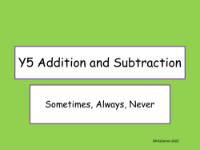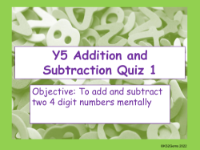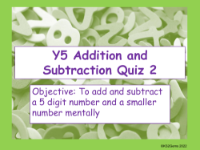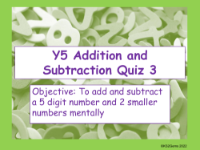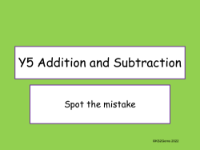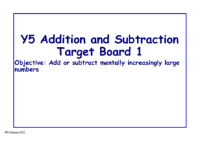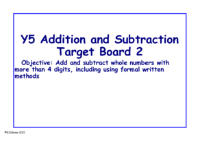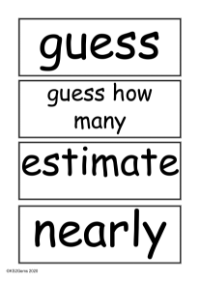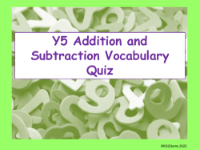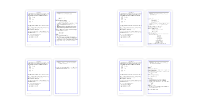Vocabulary - Addition and Subtraction
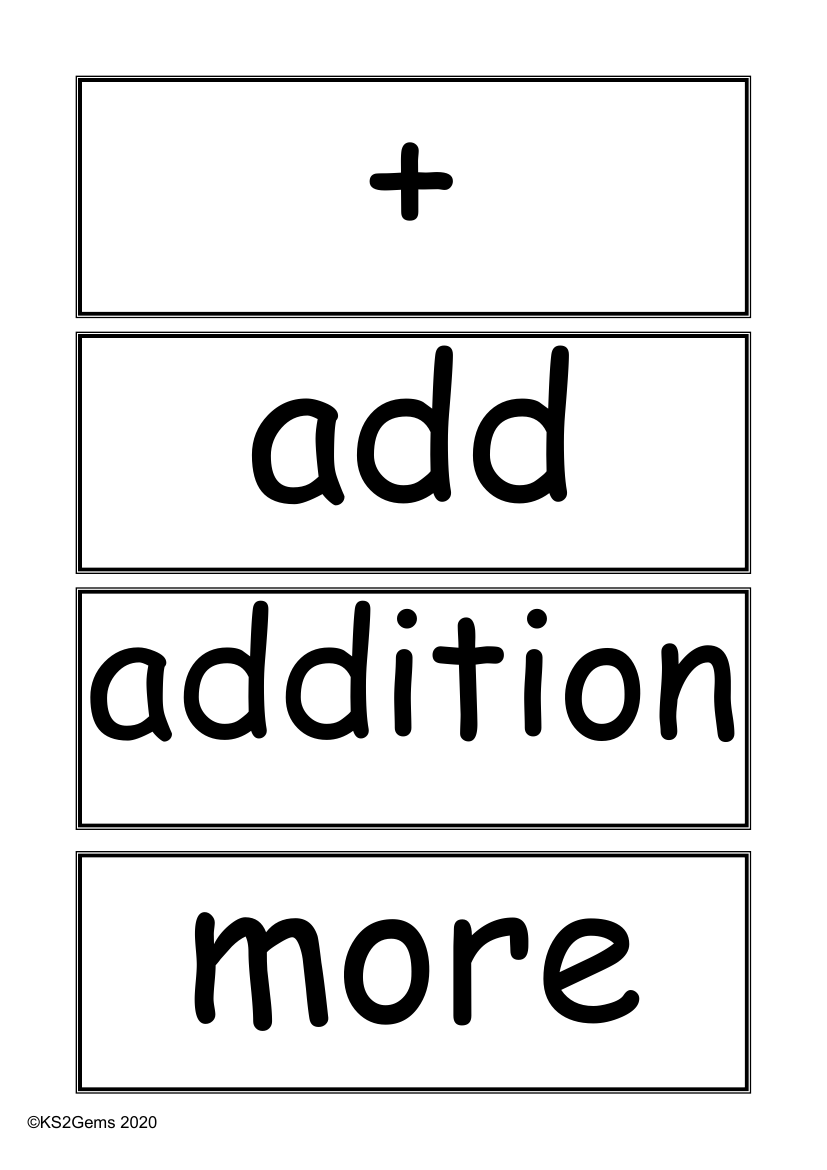
Maths Resource Description
When it comes to teaching the concepts of addition and subtraction in Key Stage 2, a rich vocabulary is essential for students to grasp the various aspects of these fundamental operations. For addition, terms such as 'add', 'plus', 'sum', and 'total' signify the process of combining two or more numbers to reach a larger amount. Words like 'altogether', 'more', and 'make' are also used to describe the cumulative effect of adding numbers. For a more engaging learning experience, phrases such as 'one more', 'two more', or 'one hundred more' help students apply addition in real-world contexts, while 'score', 'double', and 'near double' introduce them to specific addition scenarios.
In contrast, subtraction encompasses terms like 'subtract', 'take away', and 'minus', which indicate the removal of a number from another to calculate the remainder. 'Leave', 'less', and 'how many are left?' are expressions that help students understand the concept of subtraction as a reduction in quantity. To deepen their understanding, students encounter phrases such as 'how much less is...?', 'difference', and 'find the difference', which are crucial for comparing quantities and calculating the extent of subtraction. Additionally, the vocabulary extends to more complex terms such as 'decomposition', 'exchange', and 'number bond', which are instrumental in mastering advanced subtraction techniques like column subtraction. Tools like 'number line' and concepts of 'degree of accuracy' further aid in precise calculations. This comprehensive vocabulary, provided by KS2Gems, ensures that students are well-equipped to tackle addition and subtraction problems with confidence and clarity.
